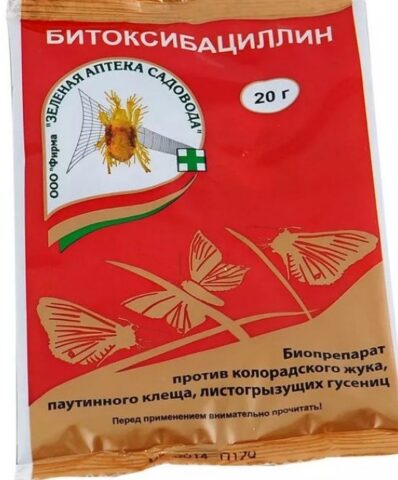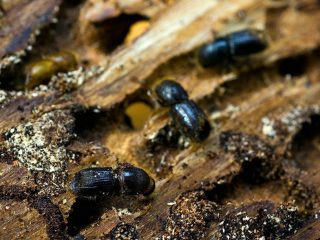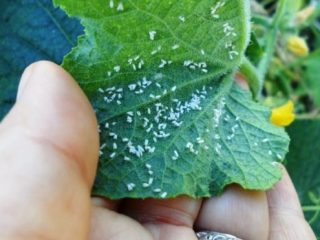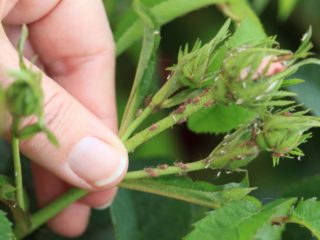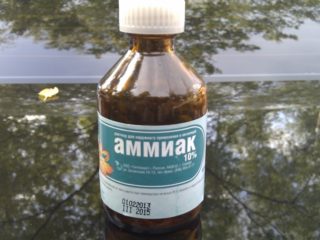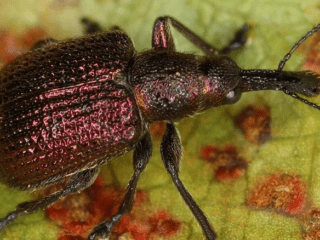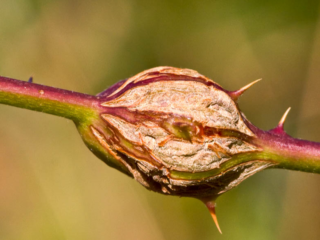Content
The raspberry bug is one of the common pests in many gardening areas. The insect can cause significant damage to the crop if no action is taken to destroy it.
What is the name of the raspberry bug?
By this general name, plant owners mean a whole group of pests: forest tree insects. These small bugs happily parasitize berry bushes, destroying the crop.
Most shield bugs are so similar in appearance that not every person can identify the specific species. This is why the insects are often simply called “stink bugs.”
Description of the raspberry bug with photo
Berry stink bug can be found everywhere throughout Russia. It harms not only cultivated but also wild shrubs. In total, there are more than 4,000 species of stink bugs, but one specific species likes to parasitize raspberries.
Distinctive features of the green bug: its body is oval, protected by a shell and covered with tiny fibers. Yellow-brown antennae are attached to the head. The wings have the same color.The length of the stink bug grows no more than 15 mm.
Please note that the color of the beetle depends on the season. In spring, the crimson bug is bright green, and by autumn it turns brown. This feature is a defense mechanism against birds and other predators.
Beetles are active from April to September-October, until frosts begin. On the eve of winter, crimson bugs begin to look for shelter. They hide safely in debris, bark cracks, and fallen leaves. It is quite possible to find the beetle indoors.
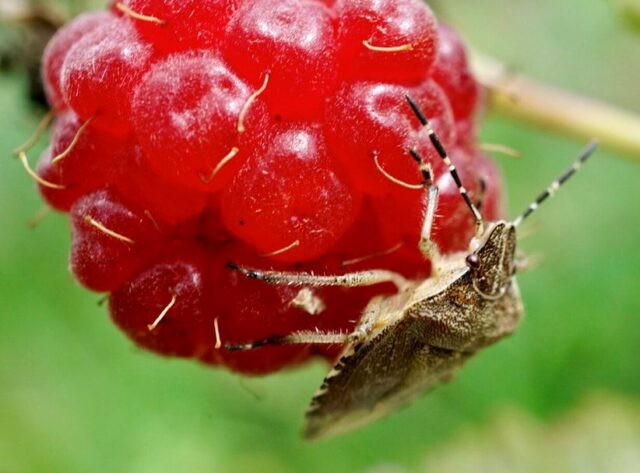
The stink bug loves to live not only on raspberries, but also on currant and blackberry bushes, and can also be found on cherries and cherries
The beetle has a unique life cycle: only a small number of insects survive to full maturity. During the spring and summer, the female raspberry bug lays eggs twice on the underside of the leaf. After two weeks, the larvae hatch from them, which actively harm the bush, feeding on the sap of the leaves. Most often this is manifested by drying out of the shoots.
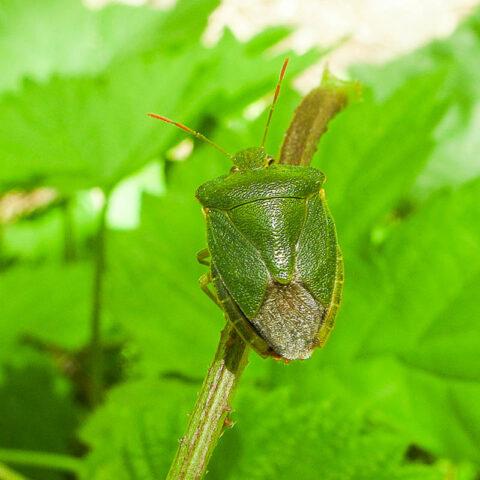
During their life, bedbugs can change their shell up to five times.
What harm does
Most gardeners are sure that the beetle is unable to cause significant damage to the crop, but this is a mistaken opinion. The raspberry bug is attracted to sweet juice, so the stink bug feeds on it, thereby weakening the bushes. Through damage, fungal spores and bacteria safely penetrate into the plant, so the raspberries often begin to get sick.
But what most often irritates gardeners is the smell remaining after the beetle remains on the bush. This is due to the fact that the raspberry bug leaves its secretions with an unpleasant aroma on the leaves and fruits.
Causes of infection
The raspberry bug most often lives no more than 1-2 years.But even during this time they need to find a place for a safe winter. To do this, the insect uses surrounding objects: leaves, cracks in old stumps. In the spring, as soon as the temperature rises to +15 °C, the beetles begin to crawl out to search for a source of food.
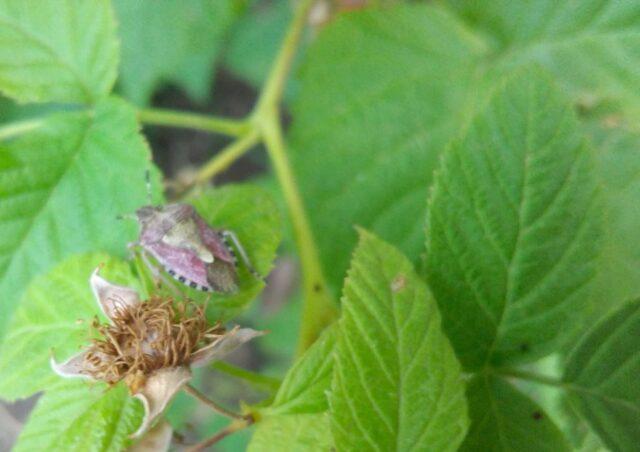
As soon as the berries appear, raspberry bugs begin their harmful activities and also lay eggs on the stems
Stink bugs smell the plant, and this feature allows them to quickly find the bush. Gradually, if no measures are taken, all the bushes become infected.
What to do if there are bugs on raspberries
The choice of beetle control method depends on the personal preferences of the gardener. The effectiveness of the methods, as well as the possibility of their combination with each other, should be taken into account. The success of the event depends on the degree of infection and the competent actions of the raspberry owner.
If there are few stink bugs, then mechanical collection is possible. It is best to carry out the procedure in cloudy weather, since in bright light the insect blends well with the environment. During collection, you should be armed with a container of water and gloves. It is necessary to inspect the leaves from the underside.
All discovered clutches of eggs should be destroyed; adults can be swept into the water or crushed. If you miss even one pest, they will soon multiply again.
Chemicals
Among the most effective measures to combat the raspberry bug, insecticides should be highlighted. Currently, there are drugs with a wide spectrum of action that do not reduce plant productivity. There are no specialized remedies for raspberry bugs, so the following insecticides should be used:
- Aktellik;
- Fufanon;
- Karbofos.
These products are easy to use and can kill most insects.
Raspberries should be treated against bugs with insecticides twice a season: in the spring, when the buds have not yet opened, and before flowering begins.
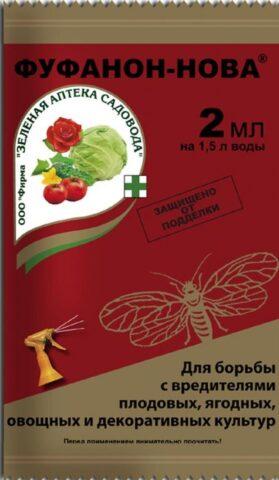
The only drawback of insecticides is the high cost of the drugs and the gradual development of immunity of the beetles to the main components
Biological drugs
Those gardeners who are afraid of harming the environment often use a different group of products. Biological preparations help fight the green bug on raspberries without harm to humans and plants.
Common remedies:
- Boverin: Made using the Boveria fungus. Spores that enter the insect’s body begin to quickly develop and produce toxins that kill the raspberry bug. If the shield bug came into contact with its relatives, then they too will die from the fungus.
Although the drug is not dangerous for humans, it is recommended to use it using personal protective equipment
- Bitoxibacillin is another drug that contains bacteria that kill harmful insects. Among its disadvantages, a slow effect is noted: raspberry bugs die only on the third day after treatment.
Gardeners also note the unpleasant odor of the drug Bitoxibacillin
How to fight bedbugs on raspberries using folk remedies
You can also get rid of the raspberry bug using available substances. Gardeners have decoctions and infusions in their arsenal that are harmless to humans and plants, but dangerous to pests. But traditional methods are not popular. This is primarily due to the need for frequent treatment of shrubs throughout the season.
Recipes:
- Dilute mustard powder in cool water in a ratio of 10:1. You need to spray the raspberry bushes with the prepared product. As an alternative, gardeners water the plant from above using a watering can.
- Place onion peels in a plastic or glass container, filling the container halfway, and then fill it to the top with water. The concentrate is ready for use five days after infusion. Its shelf life is 1-2 months. Before use, the product must be diluted with water 1:4, and then sprayed on raspberries. Treatment for bedbugs should be carried out at least five times per season.

A unique folk method for treating insects is to plant cohosh, more commonly known as black cohosh.
Prevention
The best measure to prevent raspberry bugs is to inspect the plant. Particular attention should be paid to shrubs in the summer, when the berries begin to ripen.
Basil solution is also suitable as a preventive measure. To obtain it, you need to mix 100 g of herb with 8 liters of water and let it brew. Irrigating shrubs with this product will repel stink bugs.
Preventive measures:
- promptly remove dry shoots remaining from last year;
- remove and burn fallen leaves;
- plant raspberries in accordance with the rules of agricultural technology, avoid thickening the bushes;
- Regularly destroy weeds.
It should be borne in mind that all preventive and folk remedies are effective only in early spring. If stink bugs are not destroyed in time, then at the height of summer only insecticides will help get rid of them.
Conclusion
The raspberry bug is a common pest in gardening areas. The stink bug not only prevents the plant from fully developing, but also destroys the crop, leaving discharge with an unpleasant odor on the berries. To destroy the raspberry bug, you can use both chemicals and biological agents and even folk methods.

